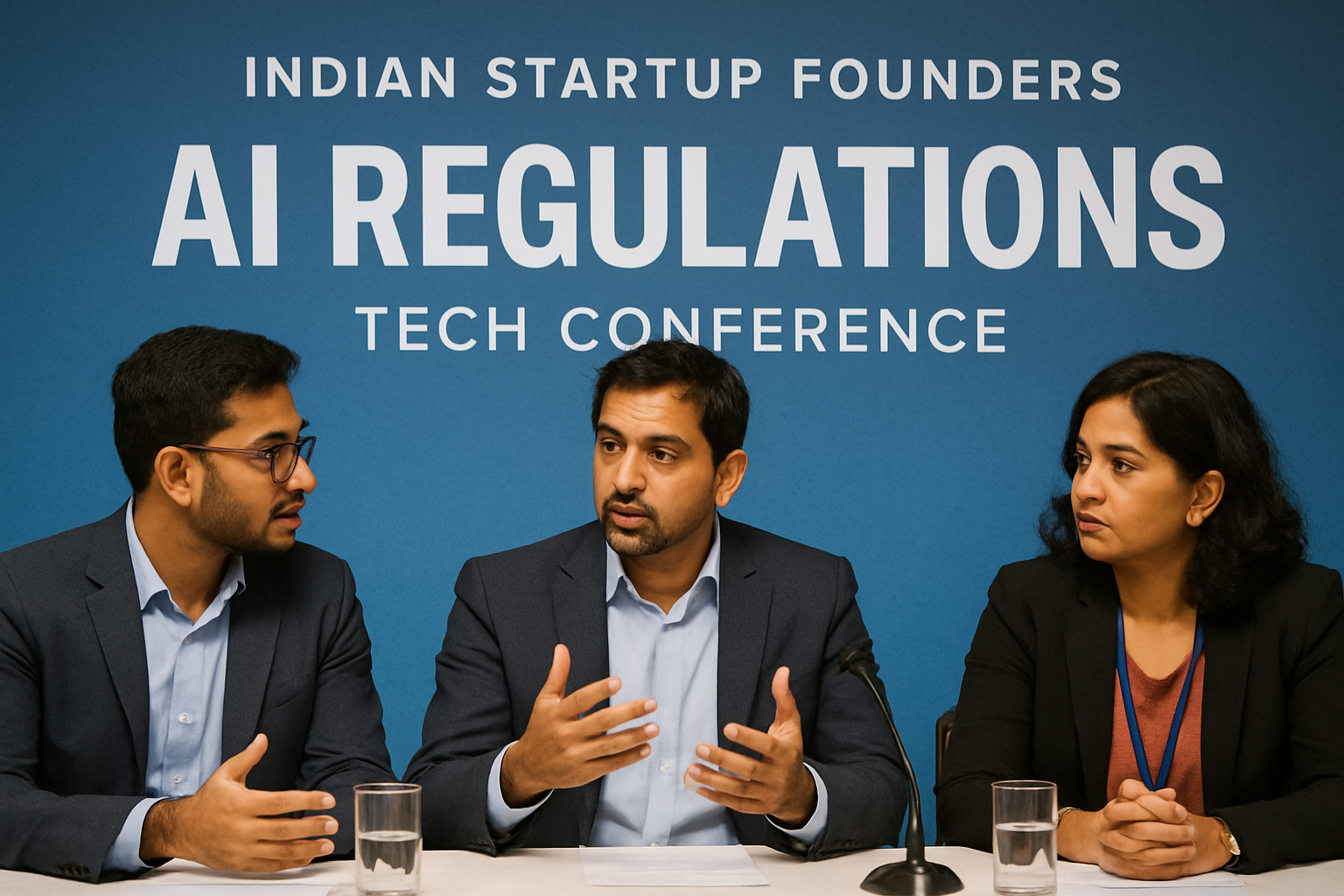Quick Take
- India’s AI Bill 2025 introduces risk-based classification targeting finance and healthcare sectors
- High-risk AI systems require mandatory registration with central regulatory authority
- Parliamentary Committee review scheduled for 5 March 2025 with watermarking provisions
- Final legislation timeline targets Q3-Q4 2025 enactment after consultation period
- AI Sandbox framework offers supervised testing space for early-stage technologies
India prepares comprehensive AI governance framework as Parliament committee sets March review date
The Ministry of Electronics and Information Technology is developing a comprehensive AI governance framework that uses a risk-based classification system to separate high-stakes applications from routine use cases. This strategic approach comes as rapid AI adoption has outpaced national regulations globally, with the United Nations highlighting the urgent need for unified global frameworks to prevent regulatory gaps.
Risk-Based Classification Takes Center Stage
India’s draft AI Bill 2025 creates a tiered approach to artificial intelligence regulation. The legislation classifies AI systems based on risk levels, with high-risk applications in finance, healthcare, and public safety facing stricter rules while low-risk systems get lighter oversight, according to reports by PMF IAS.
The framework specifically targets sectors where AI decisions carry significant consequences for individuals and society. This measured approach reflects lessons learned from global regulatory experiences while maintaining India’s innovation-friendly stance.
Mandatory Registration and Transparency Requirements
Businesses using significant AI systems need to prepare for comprehensive registration requirements. All significant AI systems require registration with a central regulatory authority, according to Here and Now AI reports. Companies must provide technical disclosures covering system design, use cases, and data processing methods.
The bill requires regular performance updates, accuracy metrics, and bias assessments. This transparency mechanism helps regulatory bodies monitor AI impact across sectors. High-risk AI developers face additional obligations including independent audits, bias assessments, and explainability features showing decision-making processes.
Innovation-Friendly Compliance Structure
The proposed legislation aligns with India’s Digital Personal Data Protection Act, providing clear privacy safeguards for AI systems in health, finance, and education sectors. An AI Sandbox concept offers supervised testing space for early-stage technologies, with government-backed grants supporting AI research initiatives.
Startup-friendly policies ease compliance during initial phases. This approach maintains innovation momentum while enforcing responsibility standards. Industry observers note the framework balances growth with ethical considerations, differentiating India’s model from more restrictive international approaches.
Global Compliance Challenges and Opportunities
Multinational companies must align AI practices with India’s requirements while managing international compliance simultaneously. India’s model differs from global approaches, according to Here and Now AI analysis. The EU focuses heavily on risk categorization and compliance transparency, while the US relies on sector-specific rules rather than comprehensive legislation.
India’s draft provides more flexibility for early-stage innovation compared to these frameworks. MeitY plans crucial developments with an AI impact report presentation to the Parliamentary Committee on 5 March 2025, addressing potential regulations including watermarking AI-generated content on social media platforms, as reported by Open Tools AI.
Implementation Timeline and Strategic Risks
India’s consultation period ends in Q2 2025, with final draft legislation going to Parliament in Q3 2025 and potential debate and enactment following in Q4 2025. The draft legislation faces stakeholder scrutiny regarding overregulation concerns that may discourage innovation or global investment flows.
Ambiguity in definitions needs addressing, particularly terms like “AI system” and “high-risk” categories. Enforcement capacity of regulatory bodies remains questionable, while civil society groups urge stronger provisions for algorithmic discrimination and surveillance controls.
Challenges hinder effective global AI governance including power rivalries between the US and China disrupting regulatory consensus-building, according to PMF IAS. Many countries resist binding global norms fearing innovation constraints.
Strategic Business Preparation Framework
Companies should immediately map existing AI use cases against risk levels. Investment in explainability, documentation, and bias auditing tools becomes essential. Monitoring official updates and participating in feedback forums helps preparation for the upcoming regulatory landscape.
The legislation brings compliance challenges but opens opportunities. Increased regulatory burden affects high-risk AI systems significantly; however, public trust boosts for compliant systems create competitive advantages. Expert interviews indicate clearer legal frameworks enable innovation and cross-border partnerships.
Large enterprises adapt quickly while startups struggle with compliance costs. The proposed AI Sandbox aims to help them innovate without premature penalties, creating a balanced ecosystem for responsible AI development.
India positions itself as a global AI governance leader through this comprehensive approach, balancing innovation promotion with citizen rights protection. This creates opportunities for businesses embracing responsible AI practices while establishing clear regulatory expectations for the rapidly evolving technology sector.







[…] begin with,India should enact an updated AI law or strengthen the existing Digital India Act. This should involve a risk-based categorisation of AI […]